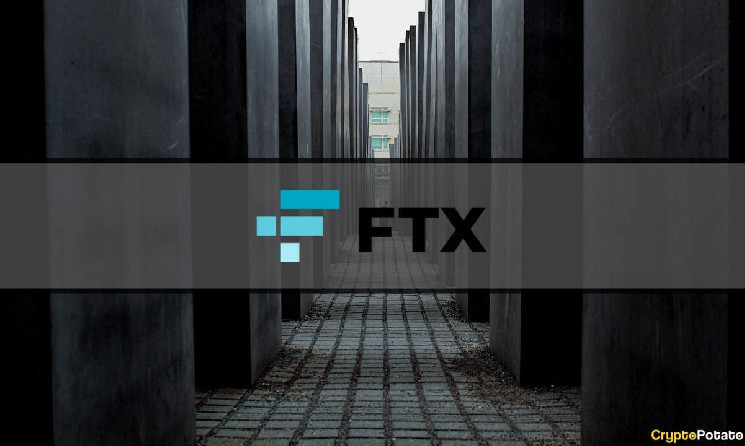But it’s also understandable that FTX creditors are looking for a less stinky exit. The FTX 2.0 reboot proposal is in the reorganization plan filed Monday, July 31.
FTX 2.0 Exchange Plans Have High Hopes
News of the filing caused FTT tokens to spike from $1.34 to 1.55. But soon after, they settled even lower than before. Anyone holding FTT tokens and scanning like a hawk for the opportunity had a brief window to sell with some cushion.
As it turns out, the idea has several downsides. To begin with, it would be like bringing back Enron, or the Exxon Valdez, or Lehman Brothers.
What is the point of that instead of starting from scratch like the Kraken CEO suggested?
“FTX 2.0 would be worse than starting from scratch. No team, no tech, no licenses, no banking, tarnished brand.” -Kraken CEO Jesse Powell, Aug 2
Furthermore, it’s an overly-complicated scheme for crypto investors.
What Investor Would Buy FTT vs. BTC and ETH?
They’re just going to sell FTT tokens to newbs who have never heard of FTX or SBF. Then, they’ll use their money to buy bitcoin and ether. Meanwhile, they’ll raise funds to pay the bills during the bear market.
Then, as crypto rallies over the long-term cyclical growth channel, they’ll buy back or burn just enough FTT tokens to keep it pumping along while keeping any extra profits from their BTC and ETH.
A revived FTX might offer yield-bearing accounts instead of focusing on the tokens. But the scheme would be the same. They would pay yields out with VC funding during the bear market, then BTC and ETH gains during the bull run, and keep what’s left as profits.
This is exactly what SBF did and mismanaged, letting it fall into insolvency. Why would anyone other than the least educated, most vulnerable new crypto retail investor even bother using FTX 2.0 as a middleman custodian for their BTC and ETH?
 cryptopotato.com
cryptopotato.com
